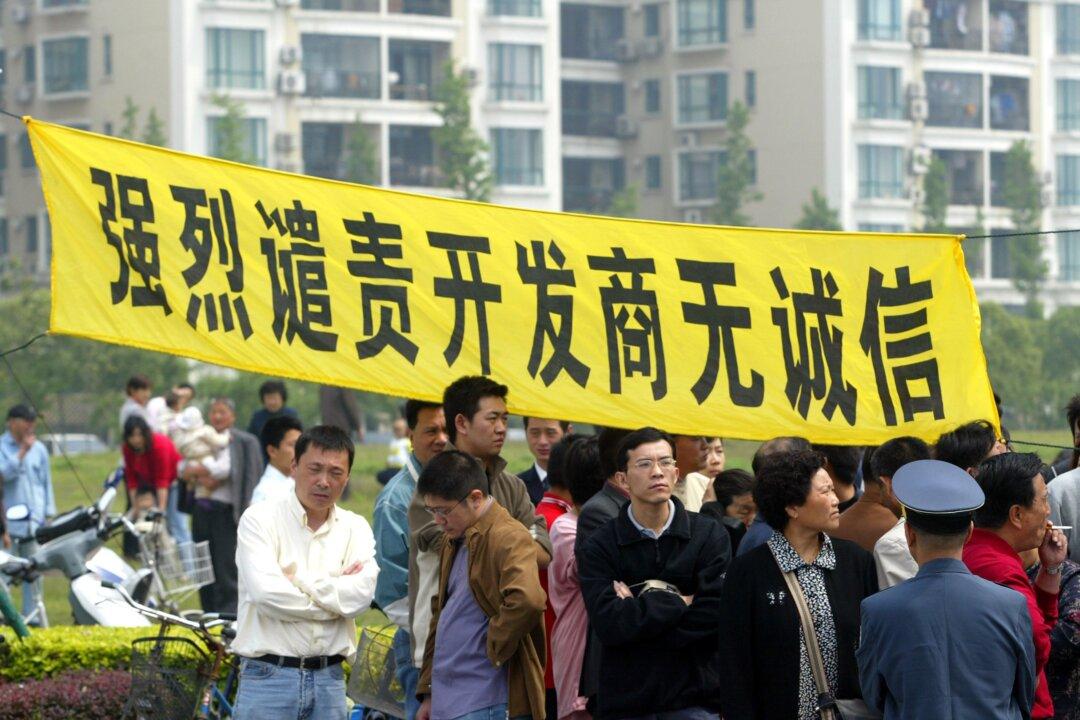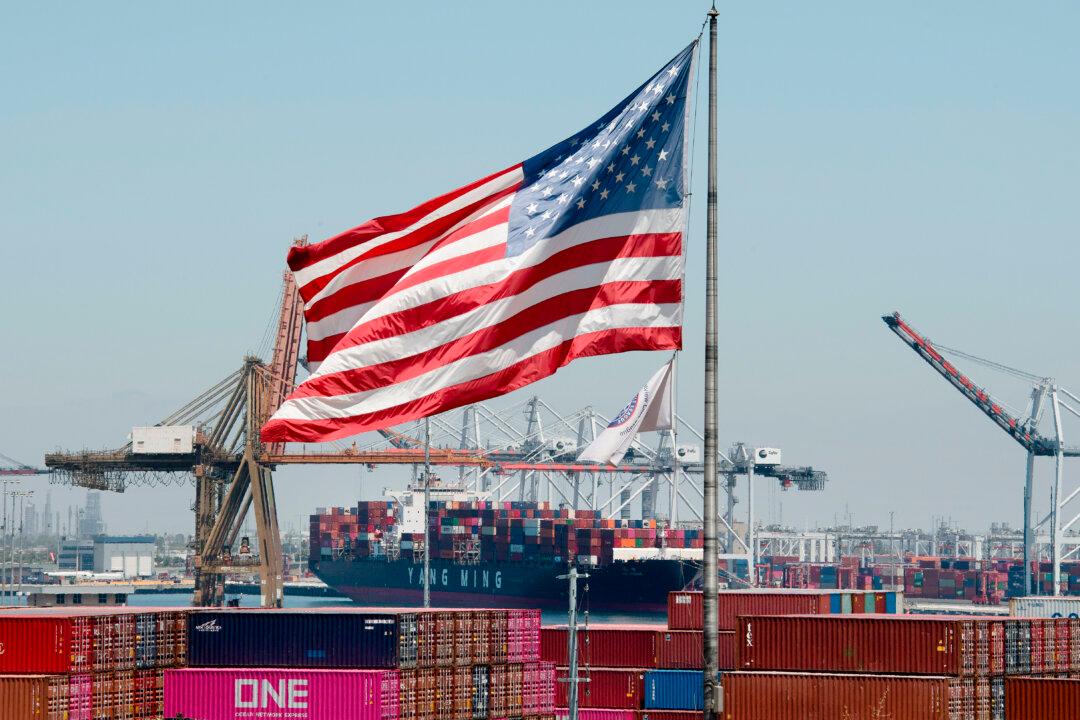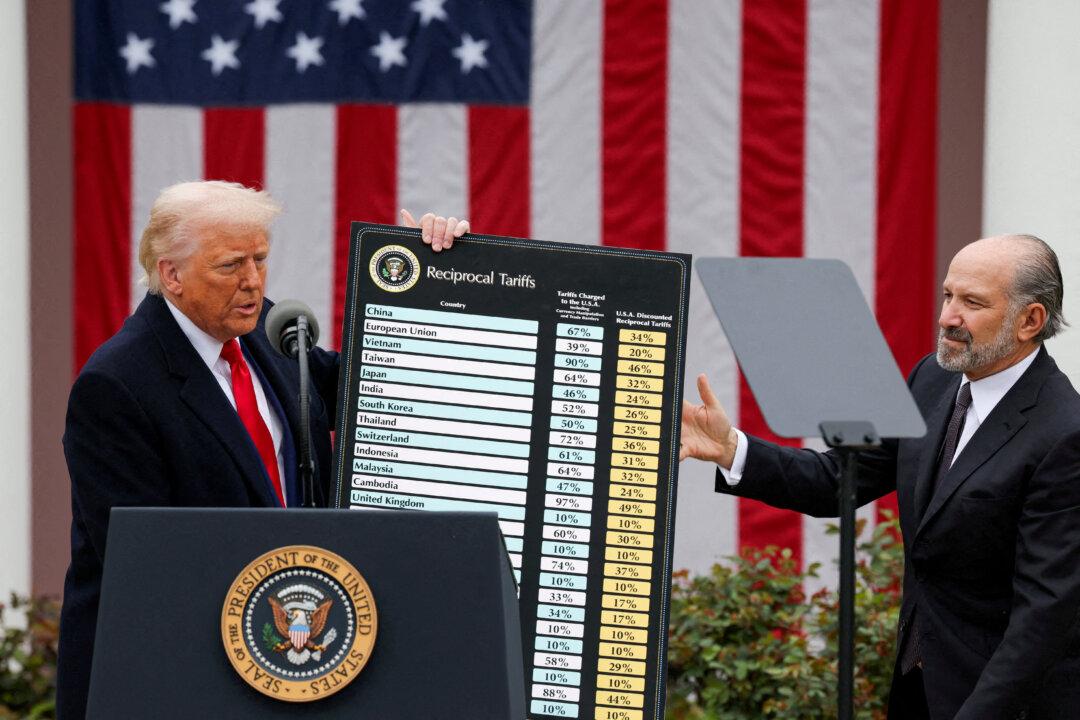Commentary
Beijing recently announced a new raft of lending and support measures to boost real estate, building upon its rescue of local governments. Given the enormous oversupply and precarious financial state of developers, why Beijing would boost the real estate sector may puzzle many. To understand the real estate policy, we must understand what Beijing perceives as the risk.





